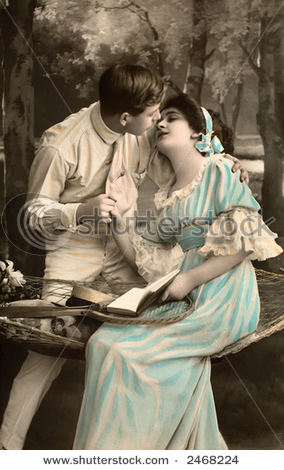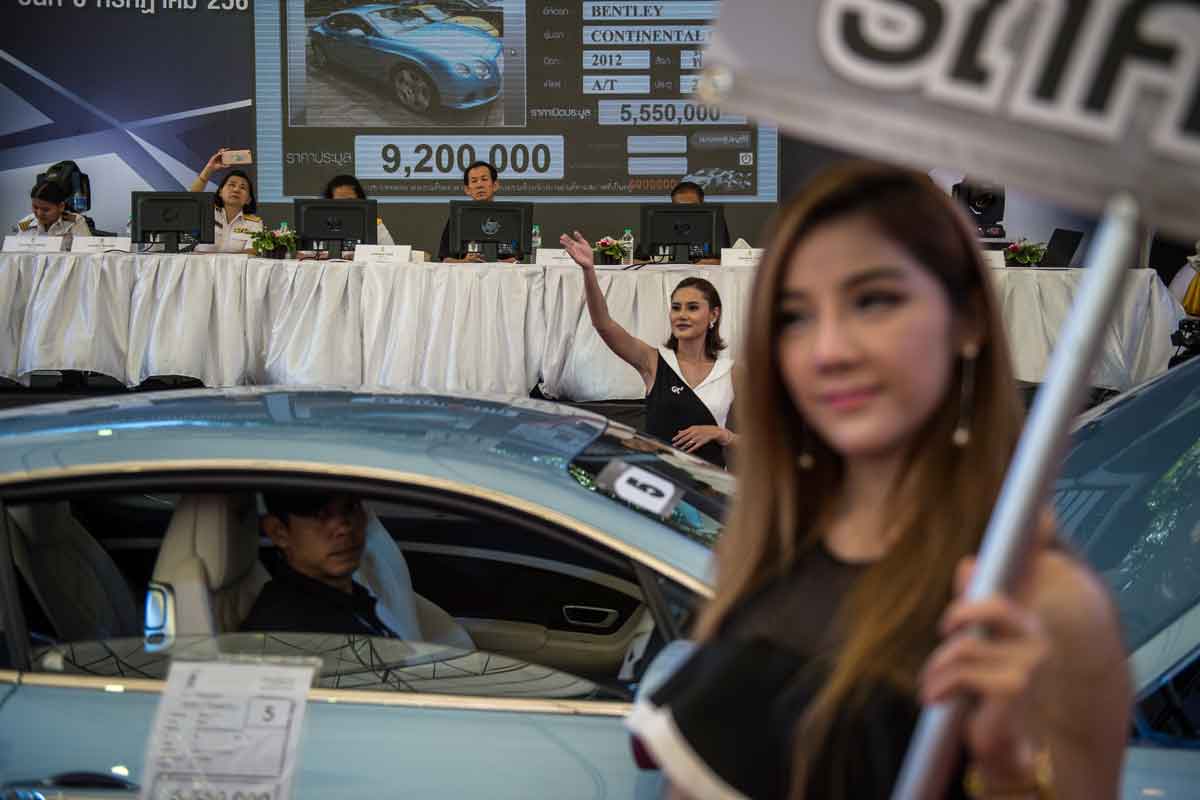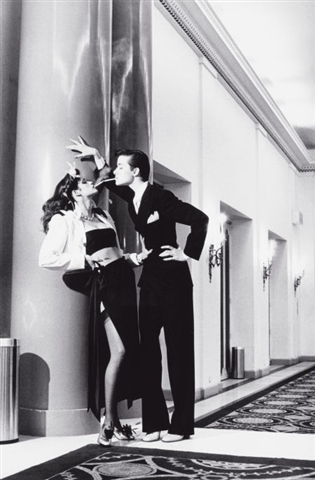Embassy of India in Republic of Uzbekistan
Voltage is 220 AC 50 cycles and international telephone and postal connections are available everywhere.
Today, the Union of India consists of 28 states and 7 union territories with the Central Government at New Delhi, the capital. The political structure laid down by the Constitution is federal in nature but unitary in spirit, with legislative powers and revenues divided between the States and the Centre, and residual powers vested in the Centre. Certain subjects are jointly controlled and enforced by both the Centre and the States, with the Centre superseding the States if necessary.
INDIA’S CULTURE
India is a glittering mosaic of people of different faiths and cultures, of varying climatic zones, of greenery and desert, river and mountain, wealth and happiness, modernity and tradition. India is the complete destination, for the mind, body and soul. Indian literature dates to the oral tradition of the Vedas several thousand years ago, and the great epics, which are still an integral part of daily life. The oral tradition continues through folk songs and dramas. The tradition of dance-drama in India has ancient historical roots, and is kept alive by a vibrant tradition of folk theatre.
- India is a glittering mosaic of people of different faiths and cultures, of varying climatic zones, of greenery and desert, river and mountain, wealth and happiness, modernity and tradition.
- This is India – the land of magic and mystery, of dazzling beauty and exotic charms.
- At the Centre, the Executive comprises the President, Vice-President and the Council of Ministers, headed by the Prime Minister.
- The oral tradition continues through folk songs and dramas.
- At the Centre and in the States, powers are divided between the Executive, the Legislature and the Judiciary.
- Today, the Union of India consists of 28 states and 7 union territories with the Central Government at New Delhi, the capital.
Fall in love with India, with its legendary palaces, temples and forts. Excite your mind and body with rafting, gliding, trekking and desert safaris.
INDIA’S CULTURE
Or go tracking wildlife in one of India’s numerous forest reserves. Treat yourself to an amazing array of arts, crafts and materials, at bargain prices. To visit this land of eternal, enchanting beauty all you need is a valid passport and visa. A special license is required to photograph protected monuments using a flash and tripod. There are some conditions for bringing in certain personal goods such as film, video cameras, liquor, tobacco and weapons, while all high value articles and professional materials must be declared on arrival and re-exported on departure. All of India is on the same time, GMT + 5 hours 30 minutes, throughout the year mostbet uz.
- The tradition of dance-drama in India has ancient historical roots, and is kept alive by a vibrant tradition of folk theatre.
- This structure is paralleled in India’s States, with the Executive comprising the Governor (appointed by the President of India), the Council of Ministers headed by the Chief Minister who is responsible to the directly elected Legislative Assembly and the High Court.
- Some of the major classical dance traditions are Bharata Natyam, Kathak, Odissi, Manipuri, Kuchipudi, Mohiniattam and Kathakali.
- Voltage is 220 AC 50 cycles and international telephone and postal connections are available everywhere.
Each State is further divided into districts, themselves divided into municipalities, further subdivided into blocks down to the individual village. At each level, legislative, executive and judicial powers are divided equitably, so as to prevent concentration or misuse. At the Centre and in the States, powers are divided between the Executive, the Legislature and the Judiciary. At the Centre, the Executive comprises the President, Vice-President and the Council of Ministers, headed by the Prime Minister. At the apex of the judiciary is the Supreme Court of India.
INDIA’S CULTURE
Indian art continues its vibrant classical and folk traditions from painting to sculpture to handicrafts. This structure is paralleled in India’s States, with the Executive comprising the Governor (appointed by the President of India), the Council of Ministers headed by the Chief Minister who is responsible to the directly elected Legislative Assembly and the High Court.
- Indian dance has an unbroken tradition of over 5,000 years, with themes drawn from mythology, legend and classical literature.
- There are some conditions for bringing in certain personal goods such as film, video cameras, liquor, tobacco and weapons, while all high value articles and professional materials must be declared on arrival and re-exported on departure.
- Each State is further divided into districts, themselves divided into municipalities, further subdivided into blocks down to the individual village.
- India is the complete destination, for the mind, body and soul.
- Certain subjects are jointly controlled and enforced by both the Centre and the States, with the Centre superseding the States if necessary.
Indian dance has an unbroken tradition of over 5,000 years, with themes drawn from mythology, legend and classical literature. The diversity of Indian dance forms spans folk and tribal dances with their regional variations, and classical dances, based on ancient texts with rigid rules. Some of the major classical dance traditions are Bharata Natyam, Kathak, Odissi, Manipuri, Kuchipudi, Mohiniattam and Kathakali. This is India – the land of magic and mystery, of dazzling beauty and exotic charms. Where the centuries co-exist and the modern blends seamlessly into the ancient. Where hospitality is a tradition, and development a passion.







